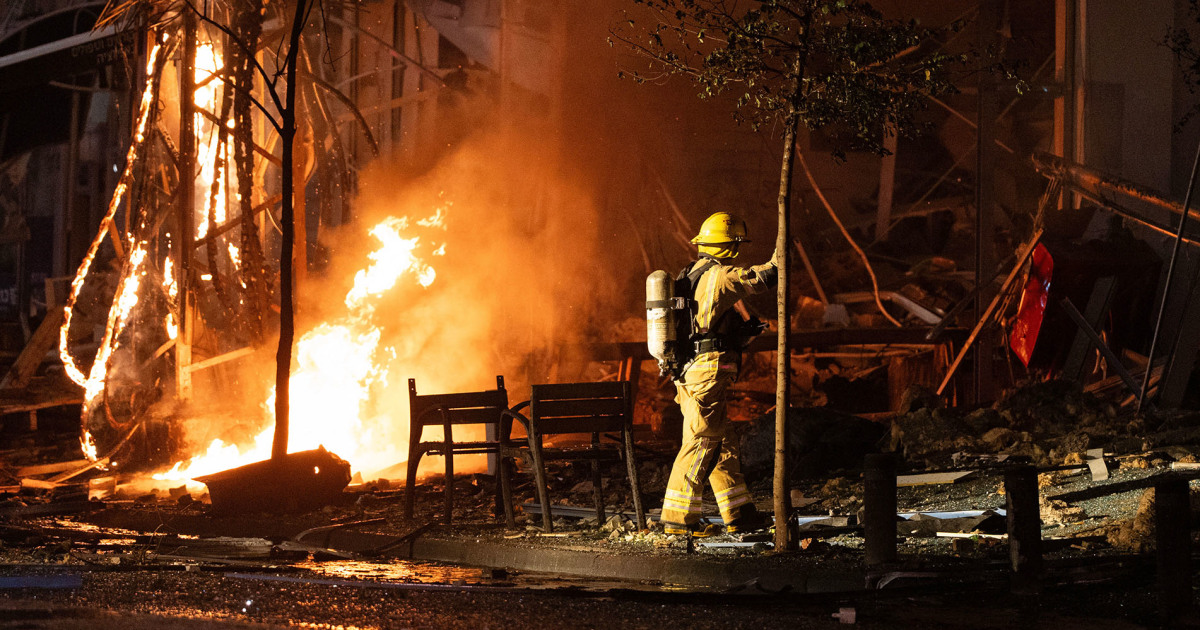
Israel has dealt big blows to Hezbollah since late September, killing its leader Sayyed Hassan Nasrallah, pounding wide areas of Lebanon with airstrikes and sending troops into southern Lebanon.
The country launched its offensive after almost a year of cross-border hostilities with Hezbollah. Its declared goal is to dismantle Hezbollah’s capabilities to secure the return of tens of thousands of Israelis who evacuated the north due to rockets fired by Hezbollah.
The Israeli campaign has killed 3,481 people in Lebanon since hostilities began, most since late September, Lebanese authorities said. The figures do not distinguish between combatants and civilians.
More than 1 million people in Lebanon have been displaced in the last eight weeks.
Hezbollah strikes have killed 43 civilians in northern Israel and the Israeli-occupied Golan Heights, while 73 soldiers have been killed in strikes in northern Israel and the Golan Heights and in combat in southern Lebanon, according to Israeli figures.
The militant group said it began firing rockets in solidarity with the Palestinians and its fellow Iran-backed ally Hamas, the day after the Oct. 7 terror attacks on Israel, in which about 1,200 people were killed and Palestinian militants took around 250 hostages. Around 100 people remain in captivity, although a third of them is believed to have died.
Israel’s offensive in Gaza since then has killed more than 43,000 people, according to health officials in the enclave.
Speaking to global leaders at a G20 summit on Monday, President Joe Biden said his soon-to-end administration would keep pressing Prime Minister Benjamin Netanyahu’s government on its handling of the war and the need to end it.
“We’re going to keep pushing to accelerate a cease-fire deal that ensures Israel’s security and brings hostages home and ends the suffering of the Palestinian people and children,” he said.
Biden also said Hamas was still refusing a deal, adding, “I am asking everyone to increase the pressure on Hamas.”